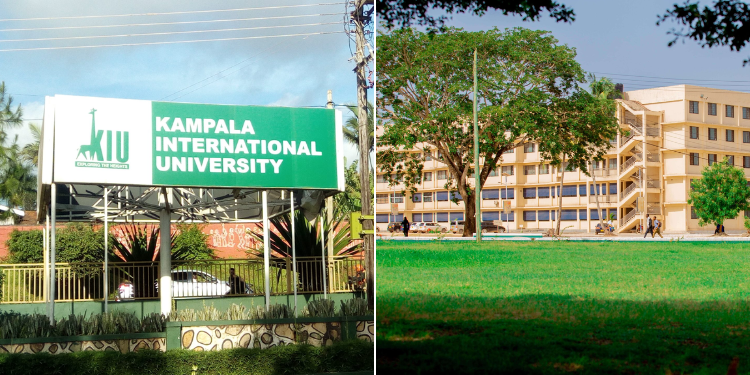Kampala International University (KIU) has issued a statement addressing growing concerns over tuition payment policies, following reports from some students regarding perceived unfair surcharges and penalties.
The university, one of the leading private higher education institutions in East Africa, emphasized its dedication to fostering “an inclusive, transparent, responsive, and conducive learning and work environment that upholds both academic excellence and institutional sustainability.”
KIU is a popular choice among Kenyan students, particularly because it offers the Higher Education Certificate (HEC) program a pre-university qualification equivalent to an A-level certificate. The program provides a bridge for students who wish to advance their academic journey locally or internationally, making KIU a preferred destination for many East African learners.
Concerns arose after several students claimed they were subjected to steep surcharges for delayed payments. One student lamented, “When I visited every office, why didn’t you halt the recurrence of my surcharges when they had just begun? I was only notified when it was already 300,000 Uganda shillings. I cleared my original tuition, but the charges kept increasing.”
Another shared a personal hardship: “My sister applied for a bursary and paid one million shillings, but after our father’s death, she couldn’t continue. We asked for a refund, but the process has been difficult.”
In response, KIU clarified that surcharges and penalties are part of its financial policy aimed at encouraging timely payments. However, the university stressed that these policies are implemented “with fairness, empathy, and accountability.”
The administration urged students and sponsors experiencing genuine financial hardship to reach out to the Directorate of Finance, the Dean of Students, or their respective College or School Administrators for support and possible flexible payment arrangements.
KIU also reiterated its commitment to inclusivity through a transparent bursary system designed to assist needy students from across the country, with slots allocated equitably across districts.

